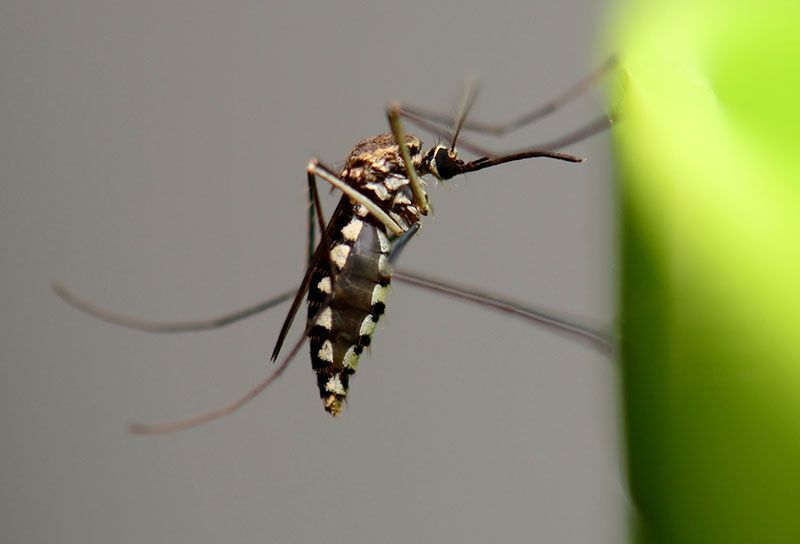
Lab-altered mosquitoes have made a big dent in the spread of dengue fever, researchers report.
How? Australian scientists released mosquitoes carrying a bacteria that prevents transmission of the dengue virus.
The strategy resulted in a 76% decrease in dengue transmission in a community in Indonesia that has frequent dengue outbreaks. Similar reductions were seen in an urban area near Rio de Janeiro, and around Nha Trang, Vietnam.
Releases of Wolbachia-carrying mosquitoes in Far North Queensland, Australia, that began eight years ago led to a 96% decline in cases of dengue transmission, the World Mosquito Program (WMP) researchers said.
The findings were presented Nov. 21 at the annual meeting of the American Society of Tropical Medicine and Hygiene, in National Harbor, Md. Such research is considered preliminary until published in a peer-reviewed journal.
Dengue is a mosquito-borne virus that causes intense joint pain and can also trigger deadly complications. There are no drugs to treat dengue infection. There is a vaccine, but it's been plagued with safety problems.
There's been a worldwide increase in dengue infections, and there are fears that climate change will make it worse, the investigators said.
"We are very encouraged by the public health impact we are seeing - it highlights the potential of this approach to fight dengue and related mosquito-borne diseases at a global scale," said Cameron Simmons, director of impact assessment and an expert in the epidemiology of dengue at WMP.
"Evidence is rapidly accumulating that areas where Wolbachia-infected mosquitoes have been deployed have fewer reports of dengue than untreated areas," Simmons added in a meeting news release.
Wolbachia-infected mosquitoes are created in the laboratory by injecting the bacteria into their eggs. The bacteria also have been shown to inhibit chikungunya and Zika, according to the researchers.
The Wolbachia field tests are ongoing and, given the promising results to date, are being expanded to Colombia, Sri Lanka, India, and Western Pacific island nations.
Source: American Society of Tropical Medicine and Hygiene, news release, Nov. 21, 2019.







0 Comments